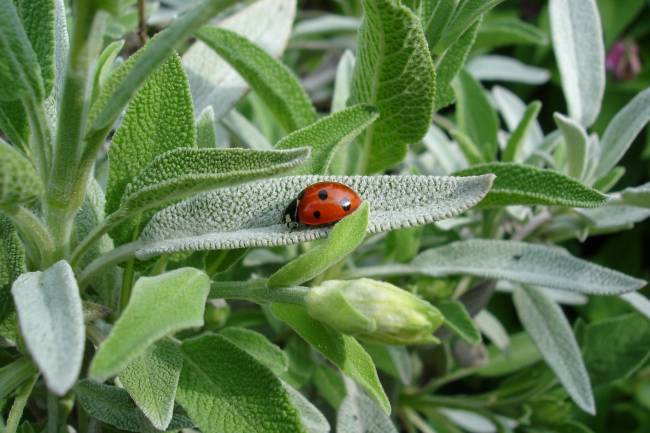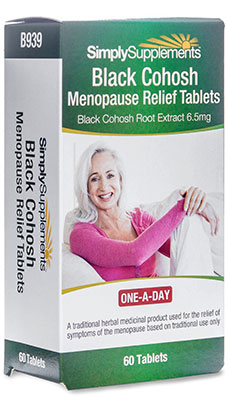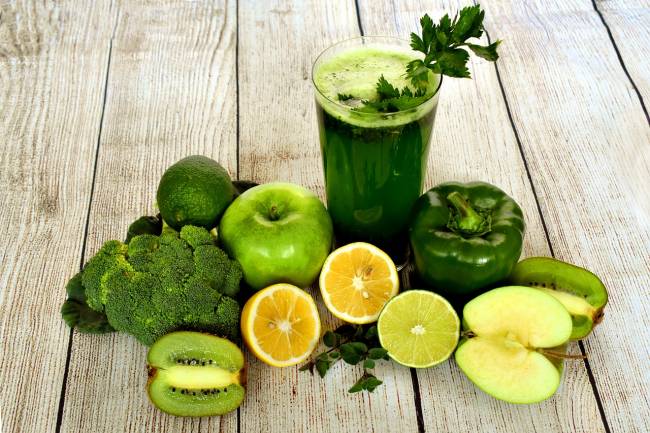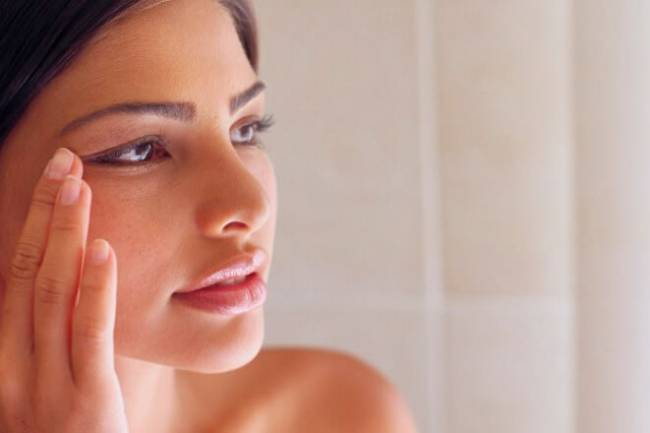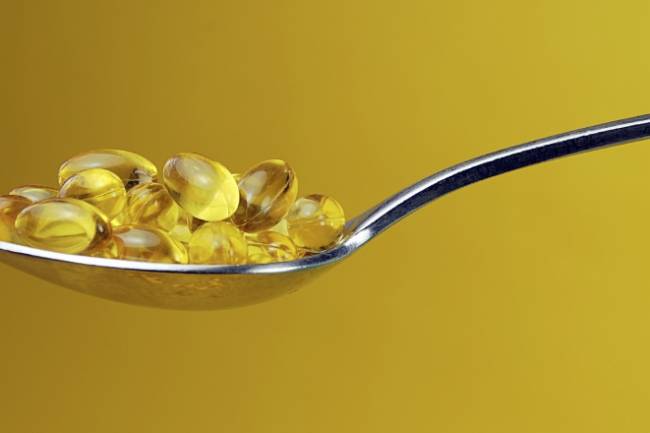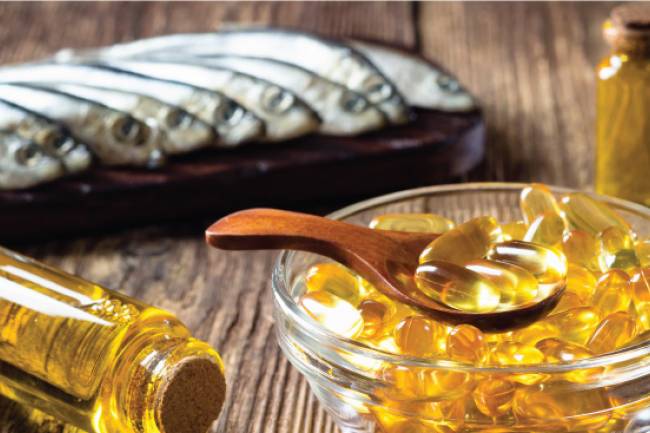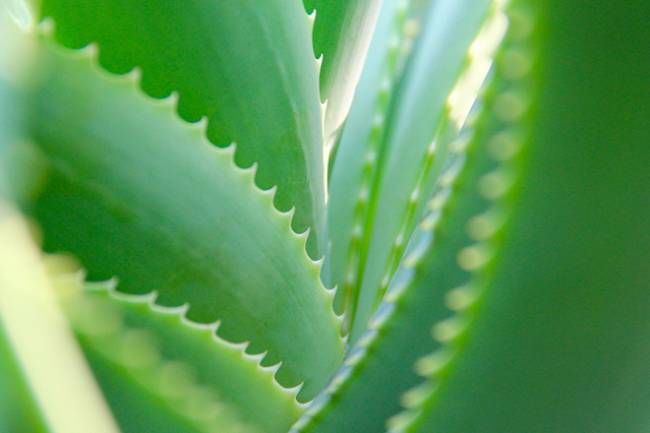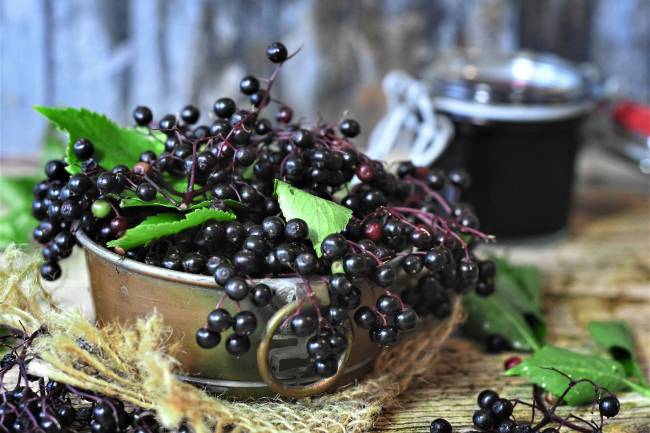Do Supplements For Menopause Work?
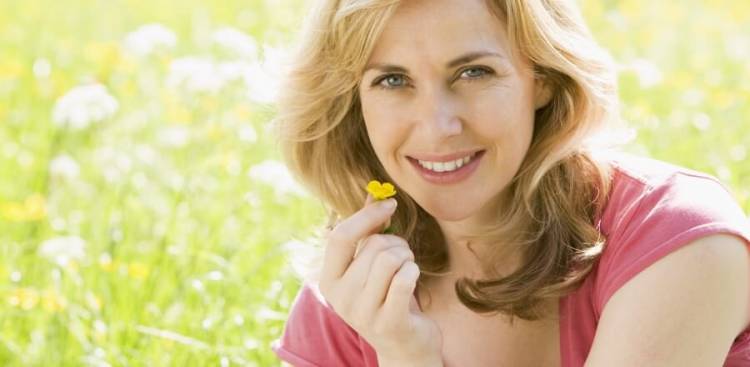
Hot flushes, night sweats, mood swings, weight gain and dry skin... just a few of the uncomfortable and frustrating symptoms women have to contend with during menopause.
A trip to the doctor will likely result in a prescription for hormone replacement therapies (HRT) which, while effective at reducing hot flushes, are somewhat controversial and may increase the risk of breast cancer, stroke and heart attacks.
If you are one of the many women seeking complementary and alternative treatments, supplements may be an inexpensive and convenient choice.
But do supplements for menopause work?
We examine the scientific evidence behind some of Europe's leading natural menopause remedies.
Supplements for menopause are often divided into two categories; Phytoestrogenic and hormone-regulating.
Phytoestrogenic herbs (such as black cohosh, red clover and soy) contain plant hormones (isoflavones) that are thought to mimic the female hormone oestrogen and relieve symptoms caused by hormonal imbalance.
In contrast, hormone-regulating supplements (including certain vitamins and minerals) do not contain plant hormones. Instead, they work by stimulating glands that produce hormones and regulating hormones levels in the body.
Black Cohosh
Black cohosh is one of the best-studied herbs for menopause. Phytoestrogenic extracts are taken from the root of the black cohosh plant and can be used in herbal teas, tinctures and supplements.
Findings from clinical trials suggest that it can be even more effective than oestrogen at relieving the extreme highs and low in temperature caused by flushes and the somewhat embarrassing profuse sweating that accompany them. In one trial, menopausal women were split into three groups; taking either 8mg of black cohosh supplement, conjugated oestrogens, or a placebo daily for three months.
At the end of the trial, women in the black cohosh and oestrogen groups experienced significant improvements to hot flushes and feelings of anxiety, compared to the placebo group, with black cohosh outperforming oestrogen (hot flushes reduced from 4.9 to 0.7 per day in the black cohosh group, compared to a reduction of 5.2 to 3.2 in the oestrogen group).
Evening Primrose Oil
Evening primrose oil is a rich source of gamma linolenic acid (GLA); an omega 6 fatty acid involved in the production of hormone-like substances called prostaglandins. It is thought that these prostaglandins may affect the area of the brain that regulates temperature, sleep and emotional activity.
A 2013 trial published in the Archives of Gynaecology and Obstetrics, found that a daily intake of 2000mg was effective at reducing the intensity of hot flushes when compared to a placebo. There is also preliminary evidence to suggest that the oil may offer some relief from breast tenderness, vaginal dryness, and low libido.
Red Clover
Red clover contains isoflavones that mimic oestrogen and the evidence supporting a daily intake of 80mg (standardised extract) is fairly strong for the treatment of hot flushes, low mood and dry skin.
A 2012 placebo-controlled trial found that taking an 80mg red clover supplement daily for three months significantly reduced hot flushes by 73% and night sweats by 72%, relative to the placebo, and a follow-up study found that the protective effects stopped soon after supplementation ceased.
A separate placebo-controlled trial in 2011 found that a daily intake of 80mg for three months also improved skin and hair quality relative to the placebo, while nail quality improved in half of the participants.
A third placebo-controlled study found that taking 80mg daily for three months reduced anxiety and depression by an average of 76%, compared to the placebo group which reduced by 21%.
Soy
The menopause is experienced differently around the world, with some cultures experiencing little to no symptoms. For example, women in the UK and USA are three times more likely to have hot flushes during menopause compared to women in parts of Asia.
Although this is not yet fully understood, findings from observational studies suggest that the low incidence of symptoms in Asia may be due to diets high in soy. Soy is rich in two powerful isoflavones called genistein and daidzein, which studies suggest are modestly effective at reducing hot flushes and night sweats.
St Johns Wort
The dramatic hormone fluctuations also trigger mood swings and irritability in approximately 20% of menopausal women. St Johns Wort has been well tested and proven to offer relief from feelings of depression and anxiety, so supplements may be beneficial if menopause has brought with it mood swings, low mood and disrupted sleep. The herb doesn't contain any oestrogens so is safe to take in combination with supplements for hot flushes.
Vitamins & Minerals
The body requires certain vitamins and minerals to produce the hormones it needs, particularly vitamin B6 and magnesium. Vitamin B6 plays an important role in the production of the feel-good hormone serotonin, which helps to stabilise mood and reduce any feelings of fatigue. Magnesium is often referred to as ‘nature's tranquilliser' and may help to relieve irritability, anxiety and poor sleep, and is also important for bone health after menopause.
Vitamin C contains polyphenols that may also offer some relief from hot flushes and dry skin. This powerful antioxidant supports the skins collagen production and may help to relieve vaginal dryness and painful intercourse.
Are They Worth a Try?
So, do supplements for menopause work? While it seems unlikely that symptoms will disappear completely, supplements can certainly make menopause more manageable, particularly in relation to hot flushes and low mood. Studies have shown that diet and exercise are also important so you should look to adopt a well-rounded approach to menopause treatment that includes supplements, a balanced diet and regular exercise. One study found that a daily gym workout reduced the frequency of hot flushes by nearly two thirds!
What to Look out For
When shopping for menopause supplements it's important to buy high-quality products that have been manufactured safely and tested for purity, and herbs should be standardised to ensure a consistent potency. As with all supplements, people can react differently, which means that some women will benefit more than others.
We would advise that you take your chosen supplement for at least 8 weeks, although many will start to work much quicker.
If you are taking any prescription medications or if you have suffered from breast cancer please check with your GP prior to taking supplements. Some of those mentioned above contain plant oestrogens which may interact with certain medications. Your GP will advise you if they are suitable.

 Nicole
Nicole 
